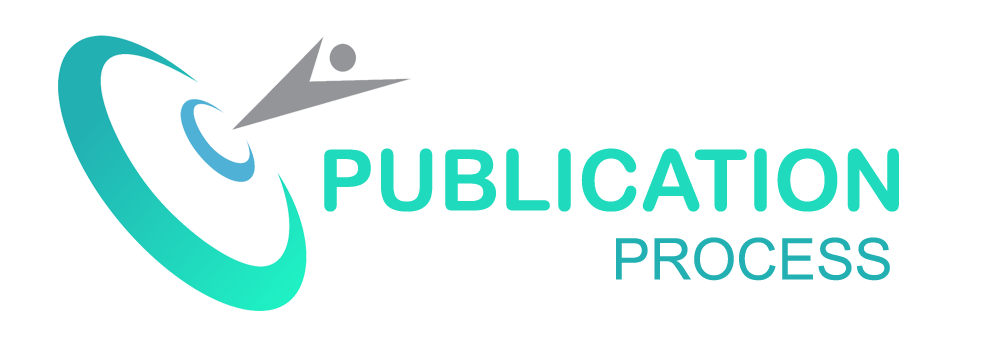PENGARUH SELF REGULATED LEARNING DAN KONFORMITAS TEMAN SEBAYA TERHADAP PROKRASTINASI AKADEMIK PADA SISWA SMA DI SEKOLAH X
Abstract
Persoalan klasik yang hingga kini masih dan juga sering terjadi dalam dunia pendidikan
termasuk pada strata pendidikan menengah adalah sering terjadinya prokrastinasi akademik.
Prokrastinasi adalah fenomena kebiasaan penundaan yang dilakukan tidak bertujuan dan proses
penghindaran tugas yang sebenarnya tidak perlu dilakukan. Rendahnya self-regulated learning
pada siswa merupakan salah satu faktor terjadi siswa berperilaku prokrastinasi. Tidak hanya selfregulated learning ternyata prokrastinasi dapat terjadi karena adanya konformitas temen sebaya
yang negatif. Tujuan dari penelitian ini adalah untuk mengetahui pengaruh self-regulated learning
dan konformitas teman sebaya terhadap prokrastinasi akademik pada siswa SMA di sekolah X.
Penelitian ini menggunakan pendekatan kuantitatif dengan desain penelitian kausalitas. Metode
pengambilan sampel yang digunakan adalah non-probability sampling dengan teknik quota
sampling dan menggunakan taraf kesalahan 5% dari rumus isac dan michael sehingga di 210
populasi siswa menjadi 136 siswa. Hasil penelitian menunjukan nilai signifikansi dari variabel
self-regulated learning sebesar 0,000 > 0,05, maka Ha diterima dan H0 ditolak, artinya ada
pengaruh self-regulated learning dan konformitas teman sebaya terhadap prokrastinasi akademik
pada siswa SMA di sekolah X. Besaran pengaruh self-regulated learning dan konformitas teman
sebaya terhadap prokrastinasi akademik pada siswa SMA di sekolah X sebesar 65,6%.
The classic problem that is still and often occurs in the world of education, including
the secondary education strata is the frequent occurrence of academic procrastination.
Procrastination is a habitual phenomenon of procrastination that is carried out without purpose
and the process of avoiding tasks that don't really need to be done. Low self-regulated learning in
students is one of the factors in which students behave in procrastination. Not only self-regulated
learning, it turns out that procrastination can occur because of negative peer conformity. The
purpose of this study was to determine the effect of self-regulated learning and peer conformity
on academic procrastination in high school students in school X. This study used a quantitative
approach with a causal research design. The sampling method used is non-probability sampling
with quota sampling technique and uses an error rate of 5% from the isac and michael formulas
so that the 210 student’s population becomes 136 students. The results showed that the
significance value of the self-regulated learning variable was 0.000 > 0.05, then Ha was accepted
and H0 was rejected, meaning that there was an effect of self-regulated learning and peer
conformity on academic procrastination in high school students in school X. The magnitude of
the effect of self-regulated learning and peer conformity to academic procrastination in high
school students at school X is 65.6%.




